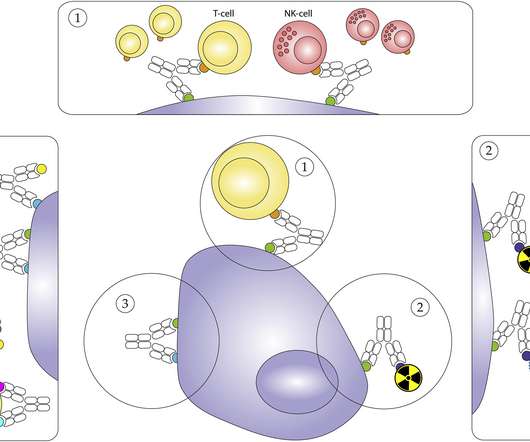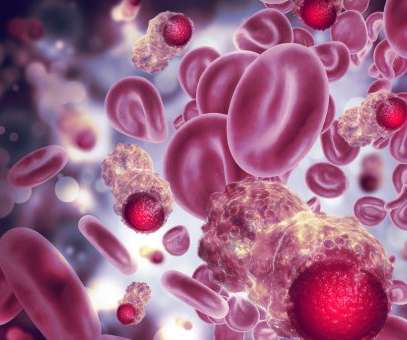mRNA Cancer Vaccines and Therapies: An Overview
Advarra
JANUARY 11, 2024
Adoptive T Cell therapies, therapeutic antibodies, and immunomodulatory proteins represent just some of the potentially beneficial treatment strategies for successful mRNA cancer trials. Monoclonal Antibodies Monoclonal antibodies are lab-engineered immune system proteins.













Let's personalize your content